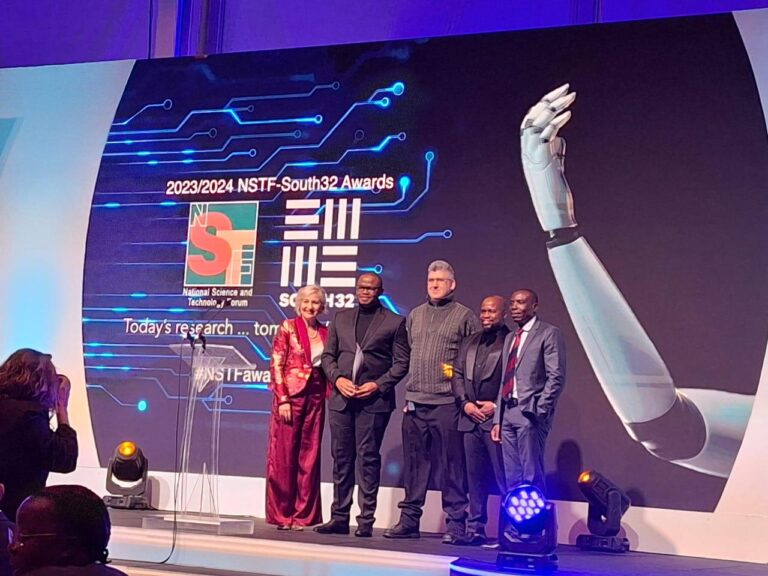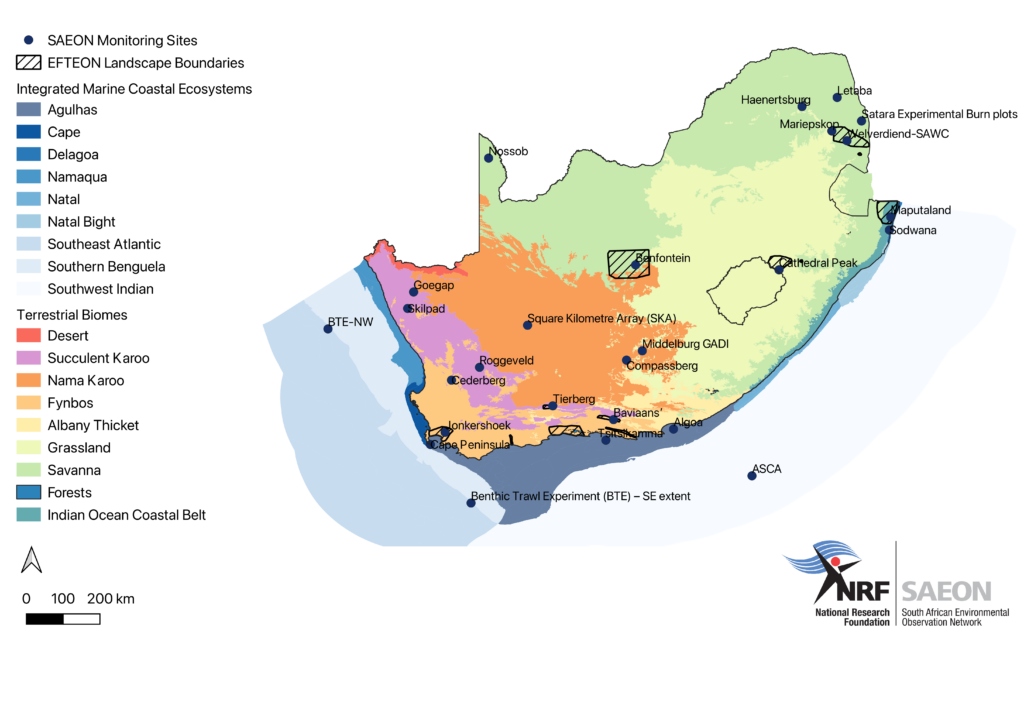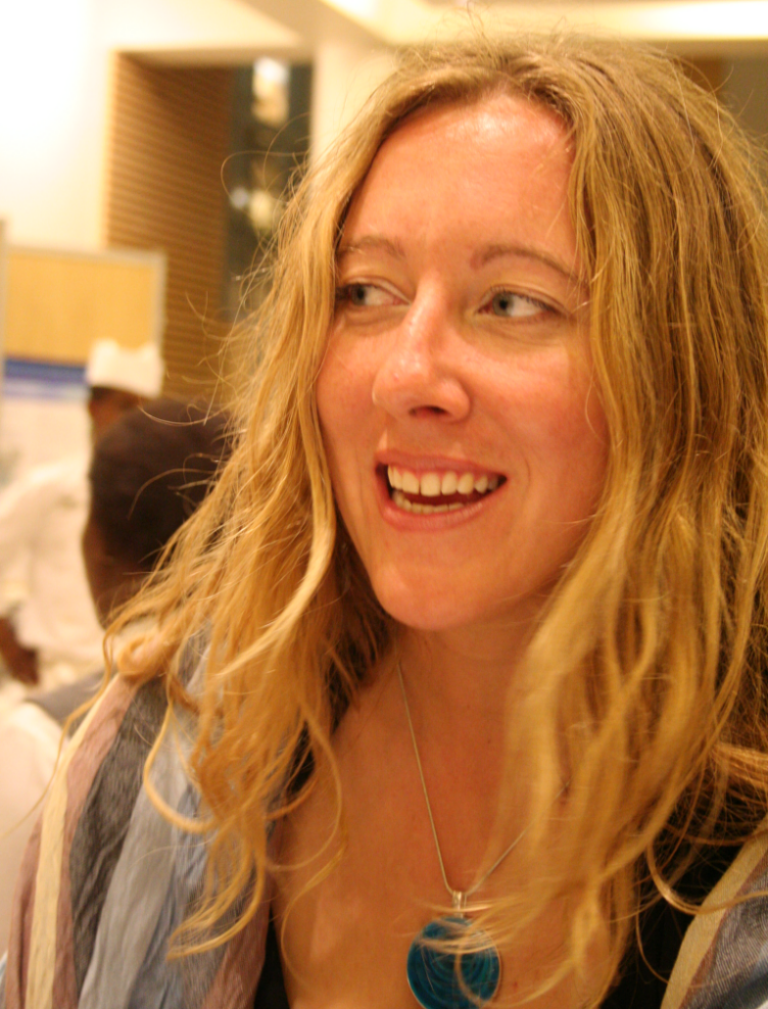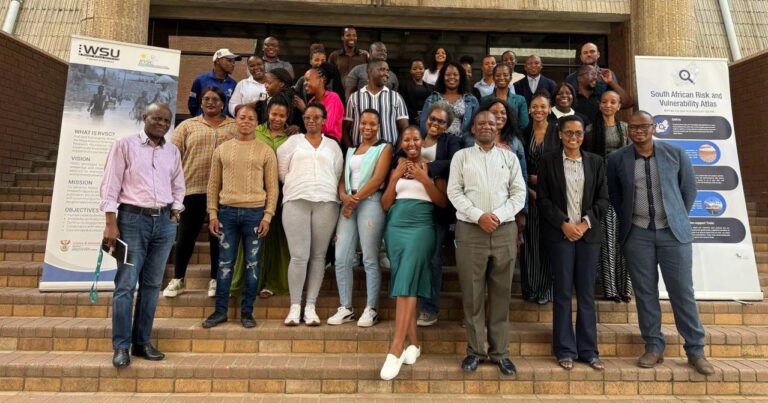
NRF-SAEON’s uLwazi Node wins NSTF-South32 Data for Research Award
Exciting News! We are thrilled to announce that Leo Chiloane (Manager Ulwazi) & the team at Ulwazi Node were honored with the Data Research Award at the NSTF
South 32 Congratulations to Leo & Ulwazi team.






